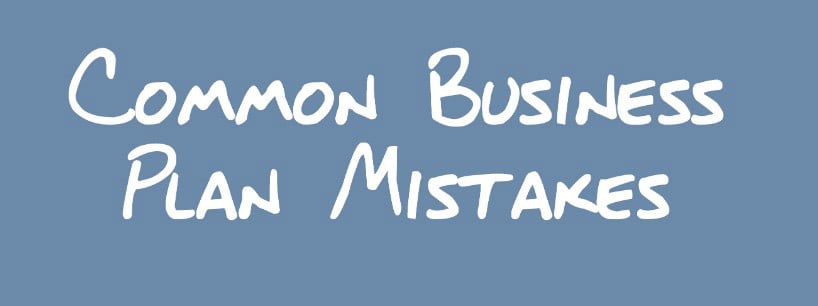
There are several common mistakes that entrepreneurs make when writing their business plans. Avoiding these mistakes can improve your chances of securing funding or running your business successfully.
Investors expect to see realistic financial projections in a business plan. Including unrealistic growth or cash-flow projections can be detrimental to your business.
Not Planning at All
A lack of a plan is one of the most common business plan mistakes. Fortunately, a little planning goes a long way and is worth the time and effort.
There are many different types of plans ranging from the standard one-page executive to the elaborate business plan with multiple sections, a budget to match, and a set of eyes on the prize. A good business plan from Cayenne Consulting business plan writers is essential to any startup’s success to avoid mistakes during the project discovery phase.
Not Knowing Your Audience
A common mistake many new entrepreneurs make is failing to thoroughly research their target market before writing their business plan. It involves identifying their needs and wants, understanding their buying habits, and knowing where to find them. It also includes figuring out how to reach them and presenting a clear picture of how your product or service fits their needs.
If you know your audience well, you can write a business plan tailored to them and help to sell the idea of your venture to potential investors. It would help if you also did not overwhelm the reader with too much information. Having a plan that can be read quickly and is easy to understand is important.
Overestimating Your Growth
One of new entrepreneurs’ most common pitfalls in their business plans is overestimating their growth. It can be especially detrimental if you’re looking for funding since lenders and investors expect your projections to be realistic. If you overestimate your earnings, they’ll assume your company isn’t worth what you’re asking for and that you may go bankrupt.
Another major mistake people make when writing a business plan is assuming there will be little or no competition for their products and services. In reality, even if your idea is unique and novel, you will still compete with others in your industry. To succeed, you must explain how you will compete and entice customers to buy your products.
It can be a difficult part of the planning process, but including it in your plan is vital. Be sure to address all key areas that need to be covered, including customers, products and services, operations, marketing and sales, and management team.
Overestimating Your Profits
Overestimating your profits is a common problem among entrepreneurs. It can occur for several reasons. Economic downturns, poor operational execution, and competitive pressure to name a few. The best way to avoid this is to ensure your business has a solid revenue plan. It can include a detailed sales forecast, marketing plan, staffing plans, and other budgetary tools.
It also helps to have a clear and concise profit goal and a solid understanding of the costs associated with your product or service. While not a foolproof solution, a good plan will allow you to identify the right vendors, determine the best pricing strategy and ultimately improve your bottom line.
A small business owner who can make this happen will enjoy a higher level of satisfaction and increased confidence. You might also find that you can better serve your customers. The best part? These strategies might be a little tricky to practice at first, but with the right resources and a bit of elbow grease, they can become second nature.
Not Having a Written Plan Template
Business planning is a powerful tool for steering and managing your business. It helps you quickly make decisions and adjust your plans when things change – a critical skill in a crisis. But it also can be a waste of time and energy if you don’t do it properly.
Whether you’re just getting started or looking for funding, having a written plan template is critical. A good plan template will help you avoid common pitfalls and ensure that your plan comprehensively reflects your business goals.
Another common mistake is not having your plan reviewed by a professional before you present it. It is especially true if you’re seeking external funding, but even if you’re not, it can help to have a review by a consultant or friend with experience in your industry.
It can be difficult, but a professional can give you peace of mind and help you avoid these common pitfalls when putting together your plan. A good plan will save you time and money in the long run, so invest in one.